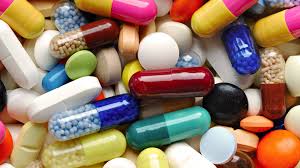
Nigeria’s pharmaceutical imports have dropped to about 60 percent, down from 70 percent, as local manufacturing gains momentum, according to the Director-General of the National Agency for Food and Drug Administration and Control (NAFDAC), Prof. Mojisola Adeyeye.
Speaking at the 2025 Investiture Ceremony of Fellows of the Nigerian Academy of Pharmacy held at the College of Medicine, LUTH, Lagos, Adeyeye said the decline reflects the impact of NAFDAC’s ongoing reforms to boost local production and achieve greater self-reliance in the pharmaceutical sector.
“If we can make it in Nigeria, we should not continue importing after five years. Before now, only nine products were under import restriction; today, we’ve increased that number to 36 because we can,” she said.
Adeyeye praised local manufacturers for their resilience, noting that firms such as Emzor are advancing plans to produce active pharmaceutical ingredients (APIs) locally. She added that Nigeria now boasts two WHO-prequalified medicines and its first WHO-prequalified medical device, made by Afrimedical.
Reflecting on her early days at NAFDAC, Adeyeye said she met a “disillusioned agency” in 2017 but introduced a mindset shift focused on excellence, documentation, and global standards.
“Nation building starts wherever we find ourselves,” she said. “We chose not to compare ourselves with ourselves but with the best in the world.”
She urged Nigerians and industry leaders to embrace innovation and productivity as tools for national development.



